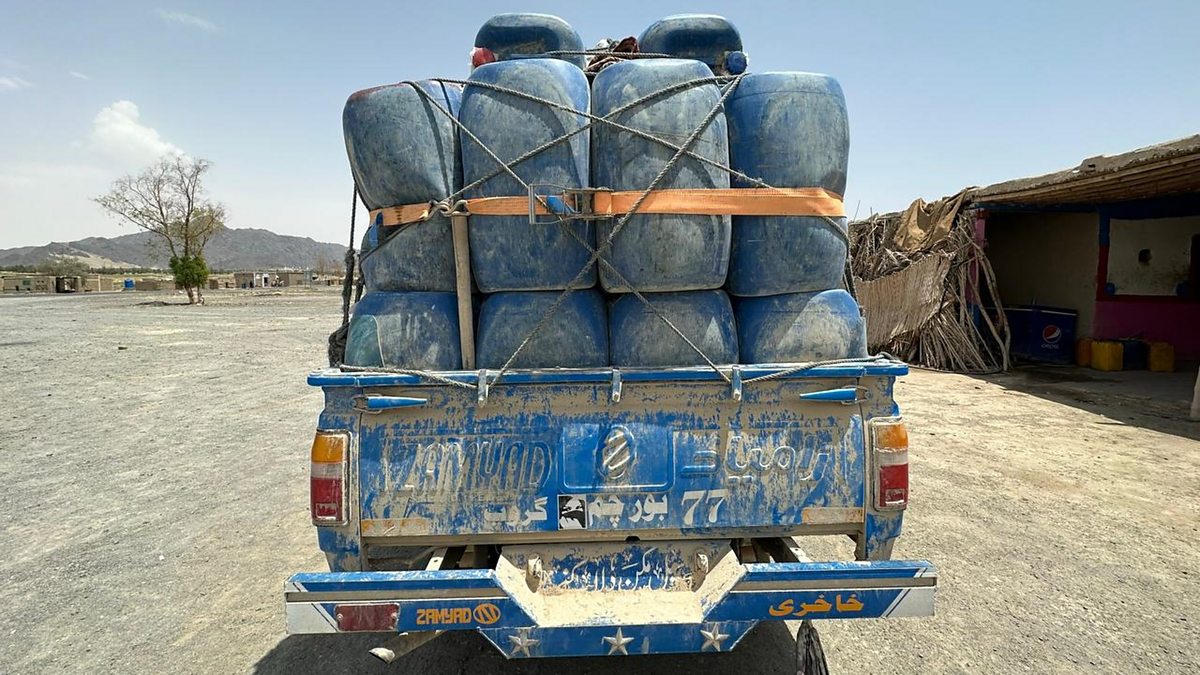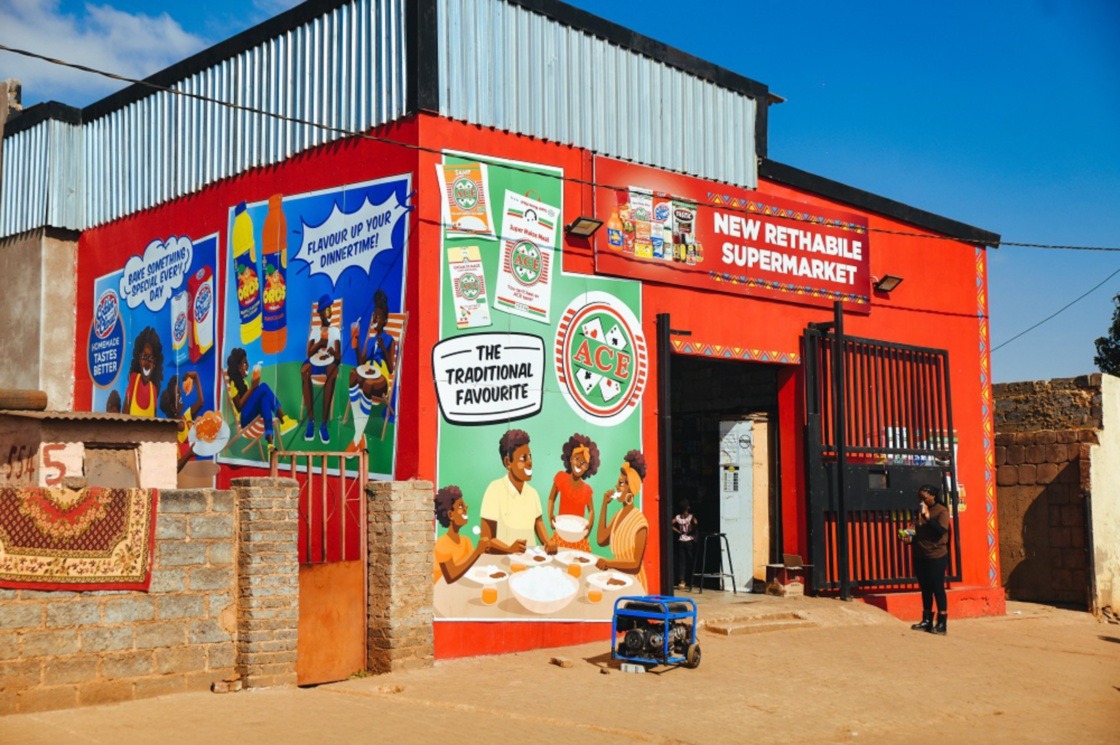
Introduction
The South Africa Olympics bid for the 2036 or 2040 Summer Games has become one of the most ambitious national projects on the global sports stage. South Africa has formally announced plans to pursue hosting rights, aiming to make history as the first African nation to organize the Olympic and Paralympic Games. For South Africa, this proposal blends vision, hope, economic strategy and continental pride. While the potential benefits include tourism growth, infrastructure modernization and job creation, the risks revolve around financial pressure, large-scale planning demands and public debate. Still, national leaders believe this bid could reshape not only South Africa’s global image, but Africa’s standing in international sport. This article breaks down ten essential dynamics that define the country’s Olympic ambition and what it means for the continent.
South Africa Olympics: Africa’s Long-Awaited Chance to Host the Games
The South Africa Olympics bid represents a historic opportunity for Africa. Despite producing iconic Olympic champions, the continent has never been selected as host. South Africa’s interest marks a meaningful moment in correcting that imbalance. Hosting the Olympics would symbolize African capability, innovation and global relevance. South Africa’s successful record of staging major events—including the 2010 FIFA World Cup and Rugby World Cups—strengthens its credibility. Beyond national gains, an African Olympics would inspire regional pride and cooperation. It could create economic ripple effects across neighboring countries through tourism, training camps and partnership projects. Securing the Games would not only be a victory for South Africa but a milestone for an entire continent long overlooked in Olympic history.
South Africa Olympics: Why Tourism and Global Visibility Matter
A key pillar of the South Africa Olympics campaign is its potential to supercharge tourism. The Olympic Games attract millions of visitors, media networks and sponsors, boosting revenue for hotels, airports, restaurants and cultural attractions. South Africa’s tourism sector—rich with coastal cities, wildlife reserves and cultural landmarks—would gain unprecedented global exposure. Olympic marketing often reshapes a country’s brand, making it more recognizable and desirable for international travelers. Visitors drawn by the Games may return later for leisure travel, multiplying long-term benefits. Increased visibility could also encourage global investors to consider South Africa as a stable and vibrant destination for business. This broad exposure can have lasting economic effects far beyond the weeks of the Games themselves.
South Africa Olympics: Financial Challenges and Economic Realities
Balanced with the excitement of the South Africa Olympics plan are serious financial considerations. Hosting the Olympics is costly—covering stadium upgrades, athlete accommodations, transportation expansion, technology systems and security. Nations such as Brazil and Greece experienced long-term debt following the Games. South Africa faces vital domestic needs including unemployment reduction, service delivery, energy stability and infrastructure repair. Critics worry that Olympic spending could overshadow these priorities. To avoid financial strain, South Africa must emphasize sustainable budgeting, clear oversight and maximum reuse of existing venues. A disciplined financial approach is essential to prevent the Games from becoming a burden rather than a benefit. While economic gains are possible, they depend entirely on careful planning and realistic expectations.
South Africa Olympics: Building on 2010 World Cup Success
One advantage of the South Africa Olympics bid lies in the country’s proven ability to host global events. The 2010 FIFA World Cup showcased South Africa’s capacity for world-class stadiums, security, tourism management and international coordination. Many of these stadiums—Soccer City, Moses Mabhida, Cape Town Stadium and more—can be adapted for Olympic sports, reducing the need for new construction. Transport networks, airports and hospitality systems built for 2010 provide a strong foundation. The experience gained in logistics, volunteer coordination, fan engagement and crisis management gives South Africa a real edge. However, the Olympics are significantly larger than a football tournament. Success will require updated planning, modern infrastructure upgrades and strong collaboration between national and city governments.
South Africa Olympics: Transformative Legacy and Urban Upgrades
One of the most powerful arguments for the South Africa Olympics project is its potential legacy. A well-planned Olympics can modernize public transport, regenerate neighborhoods and elevate community sports programs. South Africa could leverage the Games to improve bus routes, rail networks, cycling lanes and pedestrian infrastructure. Olympic villages may be transformed into affordable housing after the event. Community sports facilities can support youth development for decades. High-quality urban upgrades—lighting, safety improvements, green spaces and digital infrastructure—can improve daily life in major cities. However, legacy success requires prioritizing people over prestige. If infrastructure is designed with long-term use in mind, the Games could spark meaningful change. If not, South Africa risks producing unused buildings and missed opportunities.
South Africa Olympics: A Strong Vision for Inclusivity and Paralympic Impact
A defining part of the South Africa Olympics proposal is the commitment to fully integrate the Paralympic Games. South Africa has a proud Paralympic history, with athletes who have excelled internationally. Hosting the Paralympics would require major improvements in national accessibility—from transport systems to stadium seating to public services. These upgrades would serve millions of South Africans with disabilities, long after the Games conclude. Increased investment in adaptive sports and disability inclusion programs could reshape national policy and culture. The Paralympic legacy often has more lasting social impact than the Olympics themselves. South Africa can use this moment to champion equality, inclusion and accessibility across all sectors of society.
South Africa Olympics: The IOC’s New Model Strengthens South Africa’s Chances
The timing of the South Africa Olympics bid is favorable due to changes in the IOC’s host selection process. The organization has shifted from competitive bidding wars to a collaborative dialogue model. This dramatically lowers costs for prospective hosts and rewards cities that emphasize sustainability and long-term legacy. Under this system, countries with existing stadiums and facilities—like South Africa—have a better chance. The IOC has also expressed interest in expanding the geographic diversity of host nations. With Africa never having hosted before, South Africa stands out as a strong symbolic and practical candidate. The new bidding rules allow South Africa to focus on planning, feasibility and legacy rather than expensive marketing campaigns.
South Africa Olympics: Continental Influence and African Sports Development
A successful South Africa Olympics campaign could trigger continent-wide growth in sports development. African nations may receive increased investment for talent programs, training centers and international partnerships. The Games would inspire youth participation across the continent, expanding access to athletics, swimming, gymnastics and other Olympic sports. South Africa could share facilities, expertise and infrastructure with neighboring nations, creating regional benefits. An African Olympic Games could also attract long-term sponsorships, empowering local sporting organizations and national federations. The financial and symbolic impact would extend far beyond South Africa’s borders, strengthening Africa’s standing in global sport and creating a legacy for future generations.
South Africa Olympics: What Comes Next for the Bid
The journey toward the South Africa Olympics bid involves multiple next steps. Government officials must develop feasibility studies covering infrastructure, security, housing, environmental impact and community engagement. The South African Sports Confederation and Olympic Committee will collaborate on a detailed hosting model. Once prepared, the bid will enter the IOC’s continuous dialogue process. Competing interest may come from Asia, Europe or the Middle East. To succeed, South Africa must deliver a compelling case emphasizing sustainability, cost efficiency, existing stadiums and Africa’s historic claim. Public support will also shape the outcome—citizens must feel the Games bring more benefit than burden. The next phases will determine whether South Africa’s ambition becomes a feasible global bid.
FAQs
What is the South Africa Olympics bid aiming to achieve?
The South Africa Olympics project aims to bring the Games to Africa for the first time.
What benefits could the South Africa Olympics generate?
The South Africa Olympics bid promises tourism growth, job creation and infrastructure upgrades.
What challenges does the South Africa Olympics plan face?
The South Africa Olympics plan faces financial risks, legacy demands and infrastructure pressures.
Conclusion
The South Africa Olympics bid represents a powerful blend of ambition, national pride and global opportunity. If executed responsibly, the Games could modernize infrastructure, elevate Africa’s global presence and inspire generations of athletes. With careful planning and a sustainable vision, South Africa could turn this historic possibility into reality.


